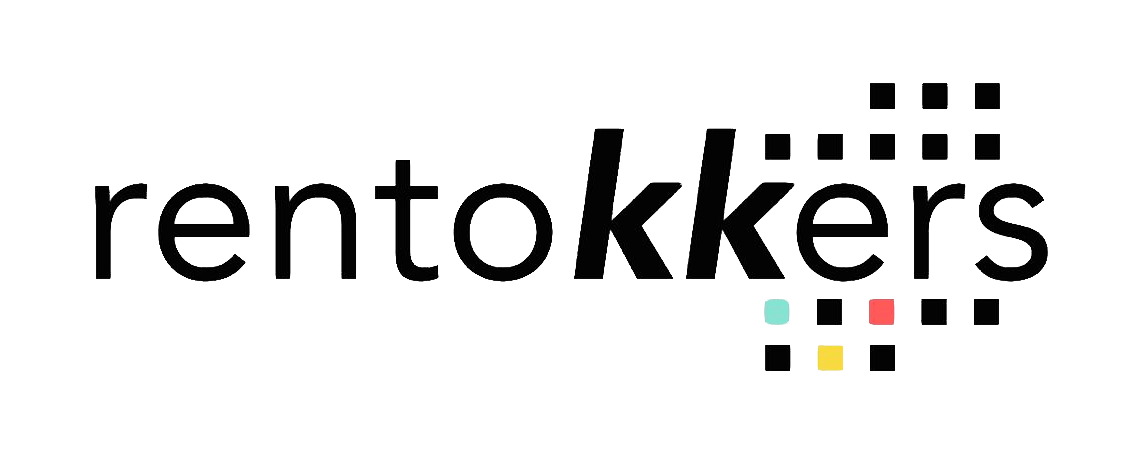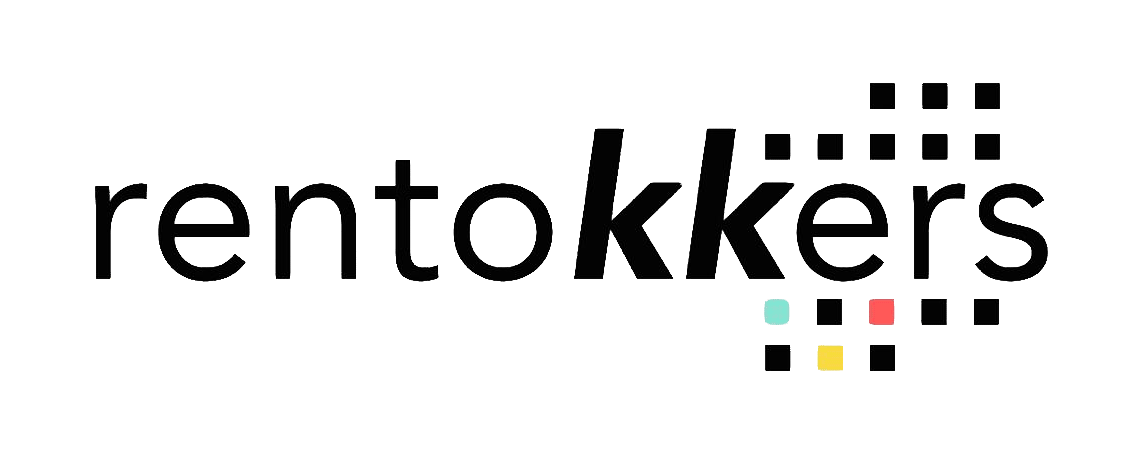
Introduction: Who Really Owns the City?
Cities shape our lives, yet the power to shape cities rests with a few: developers, banks, and governments. Tokenization suggests a radical shift. What if the people who live in a neighborhood could also own and invest in it — not through taxes or debt, but through tokens?
The Traditional Model of Urban Development
-
Developers borrow from banks or attract institutional capital.
-
Local residents have little say — they are renters, not stakeholders.
-
Wealth created by rising property values flows upward, not back into the community.
Tokenization as a Community Tool
Tokenization could change who gets to invest in cities:
-
Micro-Investments: Locals buy tokens in upcoming projects.
-
Shared Ownership: Residents gain equity in their neighborhood.
-
Direct Participation: Crowdfunded development driven by token holders.
Example Scenario: A Community-Backed Housing Project
A developer wants to build a 200-unit building in Cancún. Instead of relying entirely on a bank:
-
40% of funding comes from local token buyers.
-
40% comes from international investors.
-
20% remains with the developer.
When rents roll in, the community benefits directly.
Benefits for Urban Development
-
Democratization: Broader access to wealth creation.
-
Alignment: Residents with “skin in the game” care more about upkeep.
-
Transparency: Blockchain tracks funding and spending.
Challenges to Realization
-
Governance: How do thousands of token holders make decisions?
-
Gentrification Risk: Could tokenization accelerate displacement instead of preventing it?
-
Policy Hurdles: Urban planning still depends on political will.
Global Perspectives
-
Europe: Some cities are experimenting with crowdfunding housing. Tokenization could take this further.
-
Latin America: Where banks are cautious, token models may fill funding gaps.
-
Asia: With huge populations, tokenized infrastructure could engage millions.
A Speculative Future
Picture this: whole neighborhoods funded through token sales, with residents and outsiders co-owning. Renters become micro-landlords. City skylines are shaped not just by banks, but by communities.
Conclusion
Tokenization isn’t just about making money — it could redefine who has a say in shaping cities. Whether this leads to empowerment or chaos depends on regulation, governance, and vision. But the possibility is real: tomorrow’s cities may not just be built for us. They may be built by us.
Read More
